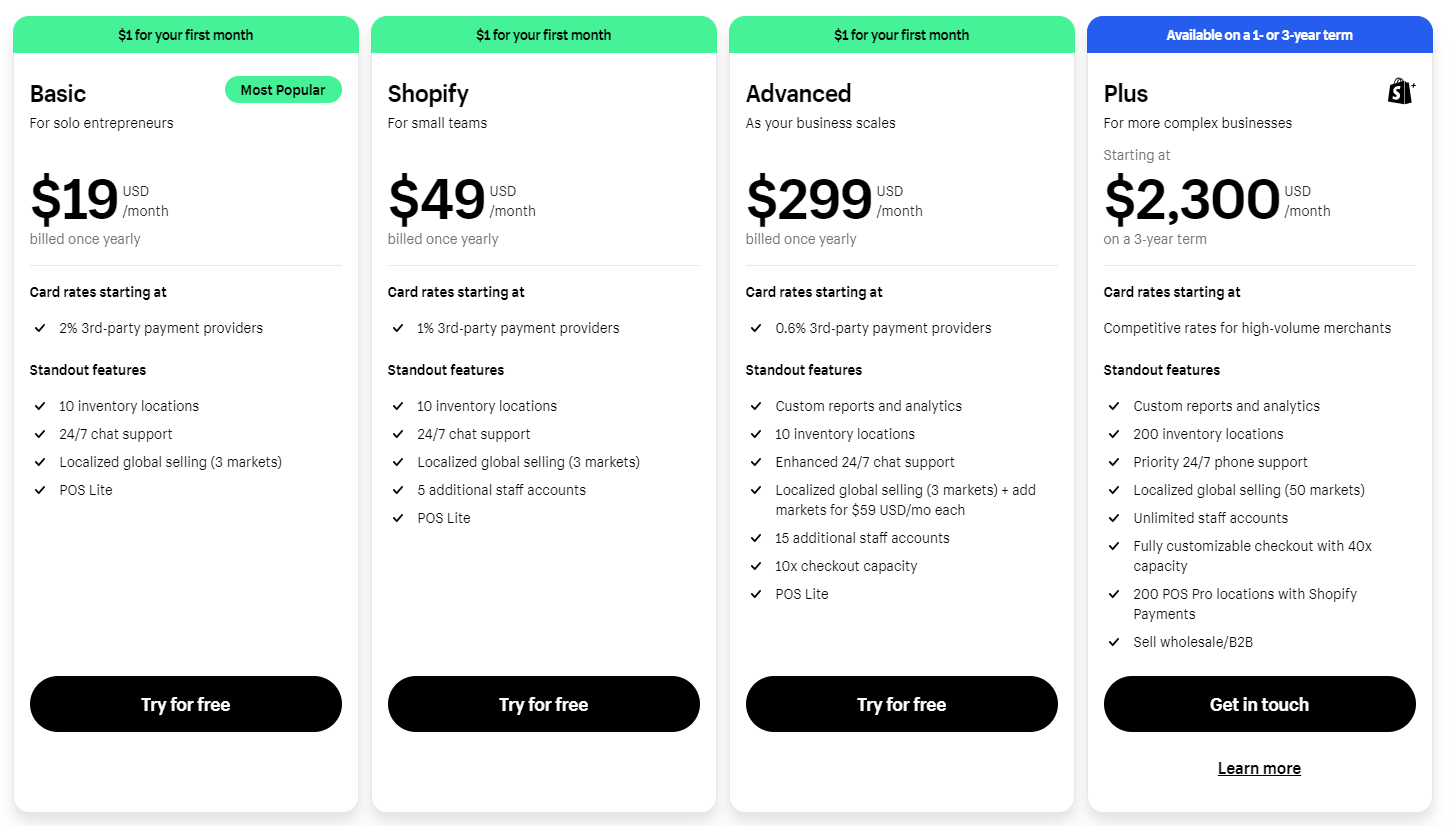
Whether you need more organized financial management or better compliance with tax regulations, a bookkeeping duties list is a must for you.
But what exactly does bookkeeping entail? Is there a rundown of the bookkeeping tasks I need to accomplish for my business that I can follow?
We hear you and we’ve got you with a bookkeeping duties list that you can use as a guide to get you informed on the bookkeeping process.
Note: You can do these tasks manually, or use accounting software to help streamline most of these duties and save you valuable time.
Let’s begin!
Monthly Bookkeeping Duties You Should Be Completing
1. Reconciling Bank Statements: Ensuring Accuracy and Identifying Discrepancies
The first on our bookkeeping duties list is reconciliation. This is the process of comparing your income and expense records with your bank statements and making sure they match. This is important to ensure there aren’t any missing transactions or inconsistencies. Sometimes errors can occur if you record multiple transactions more than once, forget to record a transaction, or fail to include any bank processing fees.
2. Recording Sales and Revenue: Tracking Income Sources and Evaluating Performance

A bookkeeper records all the money coming into the business. This means managing a revenue account and tracking how much you make from your business operations.
3. Managing Accounts Payable: Tracking and Paying Vendor Invoices
Accounts payable includes any payments owed to suppliers or creditors by a company. As liabilities are bought on credit, you need to be sure that you keep an eye on all the due dates for these invoice payments including payment terms such as Net 30, Net 15, etc. When payments are due, they are considered invoiced.
4. Tracking Accounts Receivable: Monitoring and Collecting Customer Payments
Accounts receivable, on the other hand, is all payments owed to a company by their customers for a provided good or service. A customer invoice is issued after the order has been delivered or fulfilled. This is recorded as an asset on your balance sheet. Managing both accounts payable and receivable is of the most essential bookkeeping duties and responsibilities.
5. Reviewing and Updating Chart of Accounts: Maintaining Organized Financials
A Chart of Accounts is an index of your account types (assets, liabilities, expenses, revenue, equity) that typically includes the account number, account description, and financial statements. A COA is a great tool for organizing financial data for easier viewing and reporting. You can also gain insights into your revenue and spending habits.
6. Processing Payroll: Calculating Employee Salaries and Taxes

Paying hires includes more than just calculating their hourly rates and handing them over. You also need to meet certain tax requirements as well. Assuming you’ve already set up your EIN and have your employees fill out the necessary forms, there are several other steps. You need to create a schedule, calculate net and gross wages, and calculate, file, and pay payroll taxes. You can do this all manually, with the help of an accountant, or do payroll through accounting software.
7. Tracking Employee Expenses: Monitoring Reimbursements and Business Costs
Next on our list of bookkeeping duties and responsibilities has to do with both employee and expense management. Sometimes a worker will pay for a business expense out of pocket and request reimbursement later. This is something that needs to be recorded. There are also specific considerations regarding taxation on employee expense reimbursements.
If a worker is making purchases for the business, make sure they communicate it to the person in charge so the transaction can be recorded properly.
8. Calculating and Paying Taxes: Meeting Tax Obligations and Deadlines
Whether sales, income, or employment tax, all the paperwork needs to be compiled, complete, and accurate by the deadline. If not met on time or incomplete, you could be fined, or worse. This process can be notoriously “taxing”. So, many bookkeeping services offer tax compilation and filing services to take that stress of tax season off your plate.
9. Reconciling Credit Card Statements: Verifying Charges and Balances

Similar to reconciling bank transactions, this process involves comparing credit card statements against transactions listed in your general ledger.
10. Recording Depreciation and Amortization: Accounting for Asset Value Changes
Depreciation and amortization both account for the loss of value of an asset over time. Depreciation deals with tangible assets like machinery, buildings, furniture, etc. Amortization refers to intangible assets like patents, copyright, trademarks, etc. You need to calculate the cost of these assets by the amount of time these assets remain useful. These are recorded as debits.
11. Analyzing Financial Statements: Assessing Performance and Trends
Reporting and analysis are also essential parts of your bookkeeping job duties. These reports can show you the essential metrics you need to track the performance of certain strategies and provide crucial insights to inform the next business move.
12. Reviewing Cash Flow: Monitoring Inflows and Outflows
Cash flow management is one of the most basic tasks on this bookkeeping duties list. Naturally, you need to keep an eye on all the money coming in and going out of a business. This includes business expenses, invoices, donations, funding, sales, salaries, etc. This is important because it shows you how much working capital you have to keep the business running.
13. Conducting Inventory Management: Tracking Stock Levels and Valuation

If you work with physical products and store them in warehouses, you need to track how much product you have sold and how much you have left. When ordering more materials from suppliers or manufacturers, you need to know which products are selling and how fast they are selling. This is so you know what exactly to order and how often. Accounting software can help you with built-in inventory management tools and automation for creating purchase orders.
When you have unsold inventory left over after a certain period, you need to calculate the value of that. That is inventory valuation. There are four ways to calculate inventory valuation. This is recorded in your assets account.
14. Reviewing Budget vs. Actuals: Evaluating Financial Performance Against Goals
Performing budget vs actual variance analysis allows you to compare your forecasted or planned outcome to your real results. If the results of the analysis show you are performing worse than expected, you can use this to develop new budgeting and forecasting strategies.
15. Analyzing Profit Margins: Assessing Profitability and Cost Control
You need to be able to assess from your monthly reports if you’re scaling or if there are areas of business where you need to cut costs.
16. Maintaining General Ledger: Updating and Balancing Financial Accounts
The term “bookkeeping” and general ledger are practically inseparable. When we talk about maintaining a general ledger, this is among the bookkeeping job duties that encompass a variety of other tasks. The general ledger is like the master book that contains your COA, and sub-accounts like accounts payable and accounts receivable. This ledger includes your journal or transaction entries and journal descriptions. Because maintaining a ledger requires double-entry accounting, it also includes columns for debits and credits.
Debits and credits refer to values coming into and out of an account, respectively. Balancing a ledger refers to the act of making sure the total debits and credits equal the same amount or cancel out to zero.
17. Backing Up Financial Data: Ensuring Data Security and Disaster Recovery
Some companies keep both written and local digital records for their books, while others export their data to accounting software. The benefit of backing up data to accounting software is that most of these tools automatically back up their data into cloud storage. Because they serve a wide clientele, they also have industry-standard data security systems in place and data recovery methods to protect users from losing their valuable information.
Frequently Asked Questions

1. Can I do my own bookkeeping?
Absolutely! DIY bookkeeping does have several advantages. If you are a business that is just getting off the ground, you might benefit more from DIY bookkeeping. Not only is it more cost-effective, but you also get first-hand knowledge of how your business operates, how much you are earning and spending, and how to strategize around these numbers. A lot of accounting software is designed to be user-friendly and some have free plans.
2. Should I hire someone to do my bookkeeping?
You may be familiar with accounting basics and have a bookkeeping duties list. However, there are circumstances where hiring a professional bookkeeper might be more beneficial to you.
Why you should consider a bookkeeper:
- As your business scales, doing your books can get unmanageable and time-consuming.
- The more transactions to record, the more errors are likely to occur.
- Familiarizing oneself and staying updated on tax laws and regulations can be a pain.
- Bookkeepers can provide a fresh look at your books and provide valuable insights into your finances.
- Bookkeepers are familiar with the software so you save time having to learn the tools.
3. Where can I find affordable bookkeepers?
Please consider checking out these articles to help you through the process of choosing the right bookkeeping service for you:
- The Ultimate Guide on Finding an Ecommerce Virtual Bookkeeping Service
- 10 Best Remote Bookkeeping Services for Small Business in 2022
4. What is the best bookkeeping software?
Well, there are a lot of options out there, and it can depend on your needs or sales channel.
QuickBooks, Wave, and FreshBooks are among the best accounting software for self-employed and freelancers.
What Is EcomBalance?

EcomBalance is a monthly bookkeeping service specialized for eCommerce companies selling on Amazon, Shopify, Ebay, Etsy, WooCommerce, & other eCommerce channels.
We take monthly bookkeeping off your plate and deliver you your financial statements by the 15th or 20th of each month.
You’ll have your Profit and Loss Statement, Balance Sheet, and Cash Flow Statement ready for analysis each month so you and your business partners can make better business decisions.
Interested in learning more? Schedule a call with our CEO, Nathan Hirsch.
And here’s some free resources:
- Monthly Finance Meeting Agenda
- 9 Steps to Master Your Ecommerce Bookkeeping Checklist
- The Ultimate Guide on Finding an Ecommerce Virtual Bookkeeping Service
- 6 Reasons Accurate Ecommerce Accounting is Crucial for Your Business
- Accounting Basics 101: What Small Business Owners Must Know
- Generally Accepted Accounting Principles (GAAP) Cheat Sheet
- How to Read a Balance Sheet & Truly Understand It
Final Thoughts on Bookkeeping Duties
We hope this bookkeeping duties list gives you a better understanding of what it takes to keep your financials in order. We also hope this post has helped you decide on whether you should handle your books yourself or hire a bookkeeper to manage them for you.








